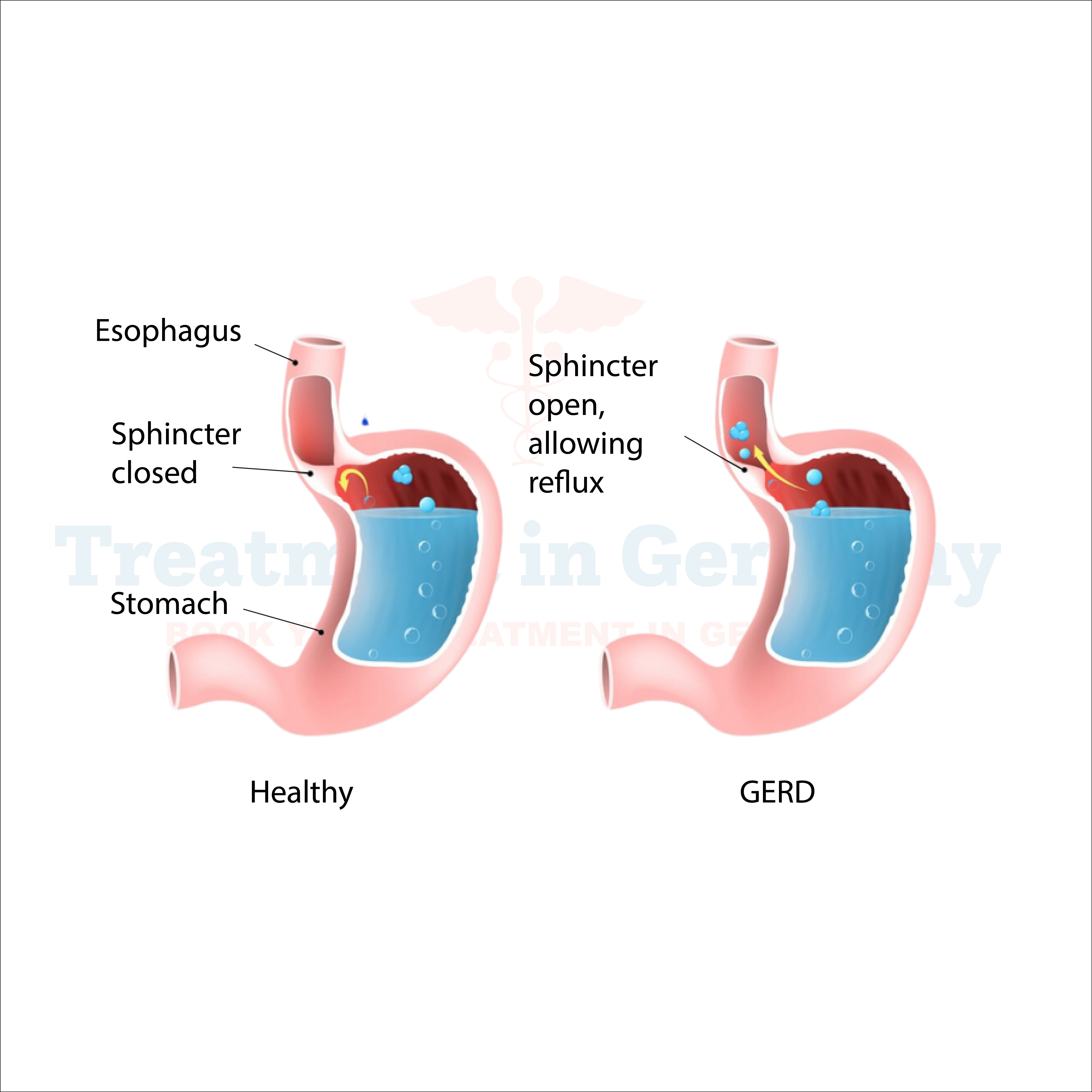What is Gastroesophageal Reflux Disease (GERD) affecting the throat:
Gastroesophageal Reflux Disease (GERD) is a chronic condition where stomach acid regularly flows back into the esophagus, causing irritation and inflammation.
When GERD specifically affects the throat, it can lead to a range of discomforting symptoms, collectively referred to as laryngopharyngeal reflux (LPR).
This condition occurs when stomach acid travels all the way up into the throat, irritating the delicate tissues lining the throat and voice box.
Side effects of Gastroesophageal Reflux Disease (GERD) affecting the throat:
GERD affecting the throat can manifest in various ways, including:
How is Gastroesophageal Reflux Disease (GERD) affecting the throat diagnosed?:
Diagnosing GERD affecting the throat often involves a combination of medical history review, physical examination, and diagnostic tests. Your healthcare provider may perform a laryngoscopy, where a flexible scope is inserted through the nose to examine the throat and voice box.
Additionally, pH monitoring tests may be conducted to measure acid levels in the throat over a 24-hour period. Other tests such as esophageal manometry may be used to assess the function of the esophagus.
Potential treatments of Gastroesophageal Reflux Disease (GERD) affecting the throat:
Treatment for GERD affecting the throat aims to alleviate symptoms and prevent complications. Depending on the severity of the condition, treatment options may include:
1. Lifestyle Modifications: Making dietary changes such as avoiding trigger foods (spicy, acidic, fatty foods), eating smaller meals, and avoiding lying down immediately after eating.
2. Medications: Proton pump inhibitors (PPIs) and H2-receptor antagonists are commonly prescribed to reduce stomach acid production and alleviate symptoms.
3. Behavioral Therapy: Techniques such as elevation of the head of the bed during sleep and practicing good vocal hygiene can help reduce reflux episodes.
4. Surgery: In severe cases where medications and lifestyle modifications are ineffective, surgical interventions like fundoplication may be considered to strengthen the lower esophageal sphincter and prevent acid reflux.
👉 Contact us for further information and receive a complimentary consultation.


.webp)
 (1).webp)

.webp)
 (1).webp)


.webp)
 (1).webp)

.webp)
 (1).webp)
